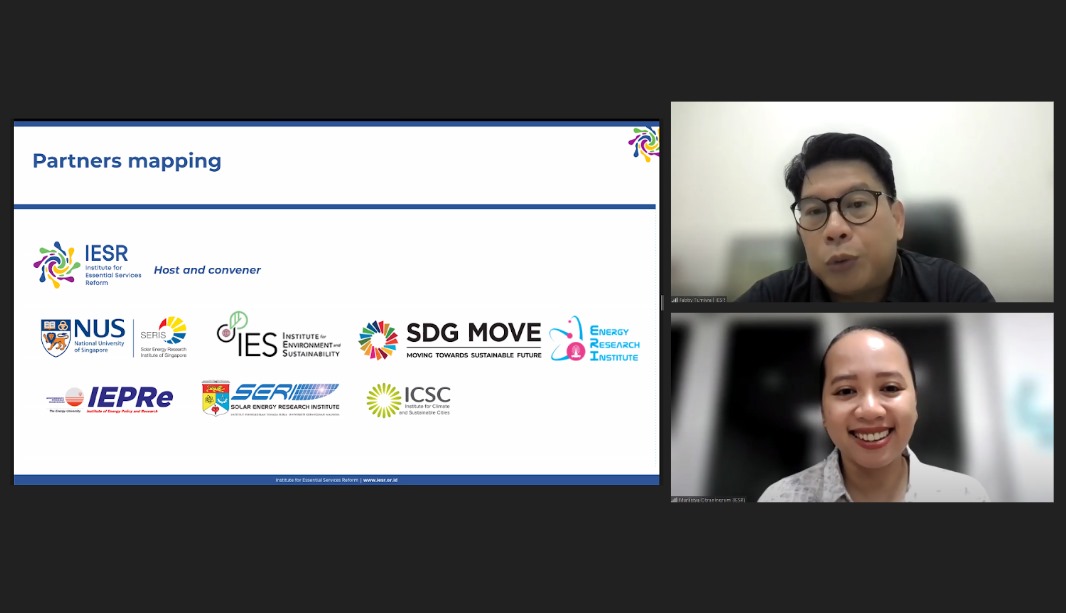Thursday, 25 July 2024 – Southeast Asia has emerged as a major engine of global economic growth. The ASEAN region, which is Asia’s third-largest economy after China and India, is expected to significantly contribute to rising global energy consumption in the future decades, according to IRENA (2022). The policies adopted by Southeast Asian countries will have a substantial impact on the region’s future energy composition and greenhouse gas emissions.
However, there are various challenges that can cloud Southeast Asia’s path to achieving net zero emissions (NZE). Technically, the fact is that coal is still the main source of energy in this region, where according to ACE (2024), the use of coal as an energy source until 2050 is predicted to still be 11% – 21%. Also, the narrative addresses energy security transition through clean coal technology (CCT), carbon capture and utilization storage (CCS – CCUS) (Purwanto, A.J, 2023), both of which defies the urgency for more ambitious, renewable energy-oriented plans. On the other hand, the political aspect of ASEAN-way of diplomacy, which is known as non-interference policy which identifies as country-driven processes, makes the homework to address this climate mitigation efforts less discussed as collective work in the regional body.
Fabby Tumiwa, Executive Director of the Institute for Essential Services Reform (IESR), alluded that the collaborative work among think-tanks and civil society organisations across Southeast Asia, which initiate by IESR called Southeast Asia Energy Transition Coalition, can become the leveraging point for accelerating the energy transition in this region.
“Working collectively as intermediary actors in our own country can become a strategy to step up the energy transition in the region by influencing policy makers to set more ambitious goals for reaching net zero emission,” said Fabby, in the first Virtual Convening of Southeast Asia Energy Transition Coalition.
Fabby mentioned, an intermediary actor, as a representative and mediator between public and public affairs, has the power to advocate for the systems. In the context of the energy transition, partners of this coalition, having their specific expertise through scientific research, policy advocacy, campaigning, and outreach, will be an essential checks and balances policy that ASEAN member states implement to drive the low-carbon energy transition and reach net zero emissions in 2050 or sooner in this region.
This coalition consists of eight organizations from Thailand, the Philippines, Malaysia, Singapore, and Indonesia. They include; Energy Research Institute – Chulalongkorn University, SDG Move Sirindhorn International Institute of Technology (SIIT) – Thammasat University, Institute for Climate and Sustainable Cities, Solar Energy Research Institute (SERI) – Universiti Kebangsaan Malaysia, Institute of Energy Policy and Research (IEPRe) – Universiti Tenaga Nasional, Institute for Environment and Sustainability (IES) – LKY National University of Singapore, and Institute for Essential Services Reform (IESR).

